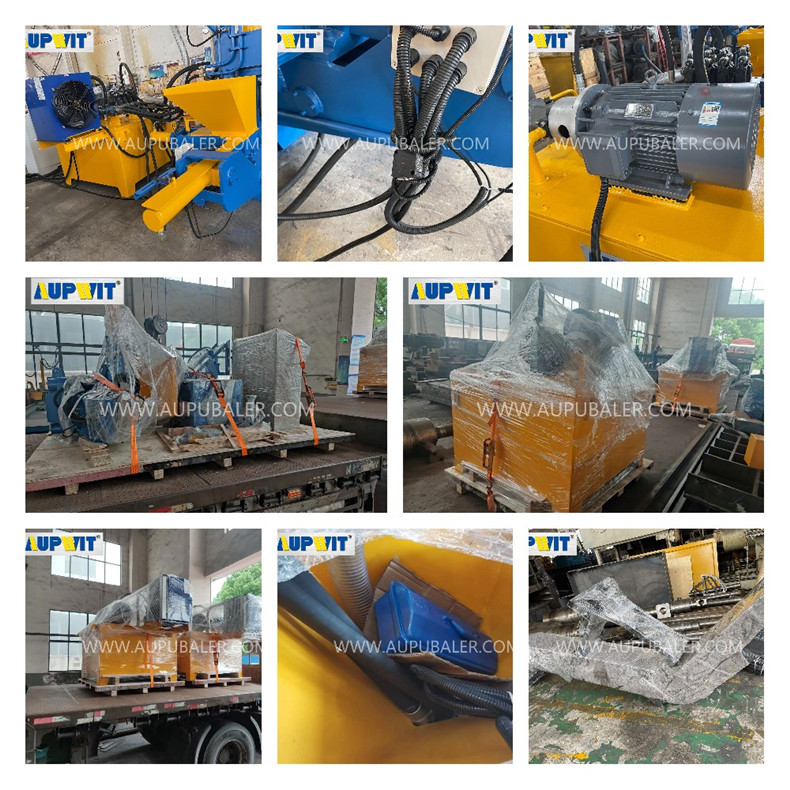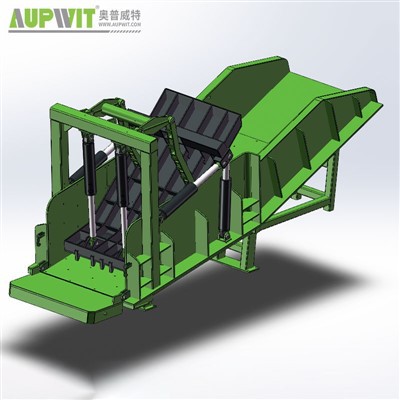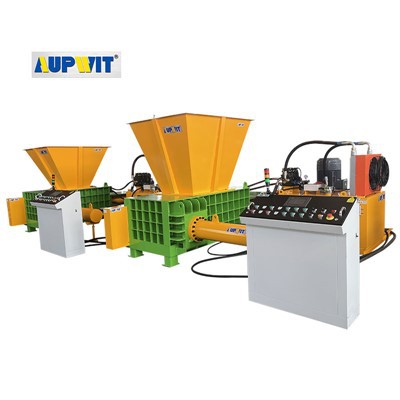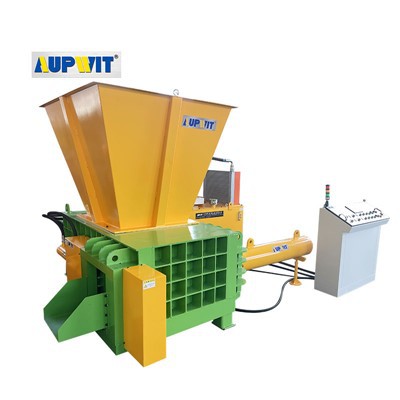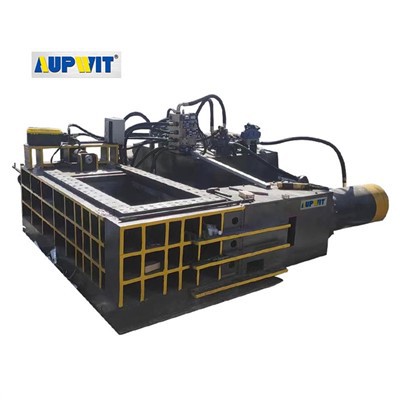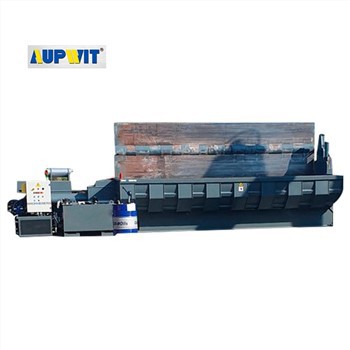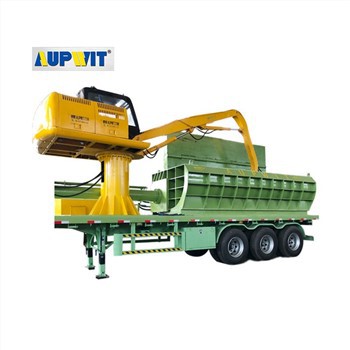When a briquetting press encounters malfunctions, a systematic approach to troubleshooting is essential to restore its normal operation.
Electrical System Issues
First, check for power supply problems. Use a voltage tester to verify that the input voltage matches the equipment's requirements. Loose connections or damaged cables can cause power - related failures. Tighten all electrical connections and replace any frayed or broken wires. If the control panel indicators are not working correctly, inspect the fuses and circuit breakers. Blown fuses should be replaced with the appropriate rating, and tripped breakers may need to be reset after identifying and resolving the underlying cause, such as an overloaded circuit.
Hydraulic System Failures
For hydraulic - driven briquetting presses, low hydraulic pressure is a common issue. Start by checking the hydraulic fluid level in the reservoir. If it's too low, add the recommended type of hydraulic fluid. Clogged filters can restrict fluid flow, so inspect and clean or replace the suction and return filters regularly. Leaking hydraulic hoses or seals can also lead to pressure loss. Visually inspect all hoses and fittings for signs of leakage, and replace damaged components promptly. Additionally, a malfunctioning hydraulic pump may cause insufficient pressure; in such cases, it may need professional repair or replacement.
Mechanical Component Problems
Unusual noises during operation may indicate issues with mechanical parts. Check for loose bolts, nuts, or other fasteners on the press frame, moving arms, and mold components. Tighten any loose parts to prevent further damage. Worn - out bearings or bushings can cause excessive friction and noise. Lubricate these components regularly as per the manufacturer's guidelines, and replace them if they show signs of significant wear. If the mold fails to close or open properly, inspect the linkage mechanisms and cams for misalignment or damage. Adjust or repair these parts to ensure smooth operation.
Production - Related Glitches
If the briquettes are not formed correctly, problems may lie in the pressure settings or material characteristics. Verify that the pressure gauge readings are accurate and adjust the pressure control valve if necessary. Incorrect material moisture content or particle size can also affect briquette quality. Ensure that the material meets the specified requirements for the press. If the briquettes stick to the mold, as mentioned earlier, check the mold coating, surface condition, and material properties, and take appropriate corrective actions. By following these steps, most common failures of briquetting presses can be effectively diagnosed and resolved.
